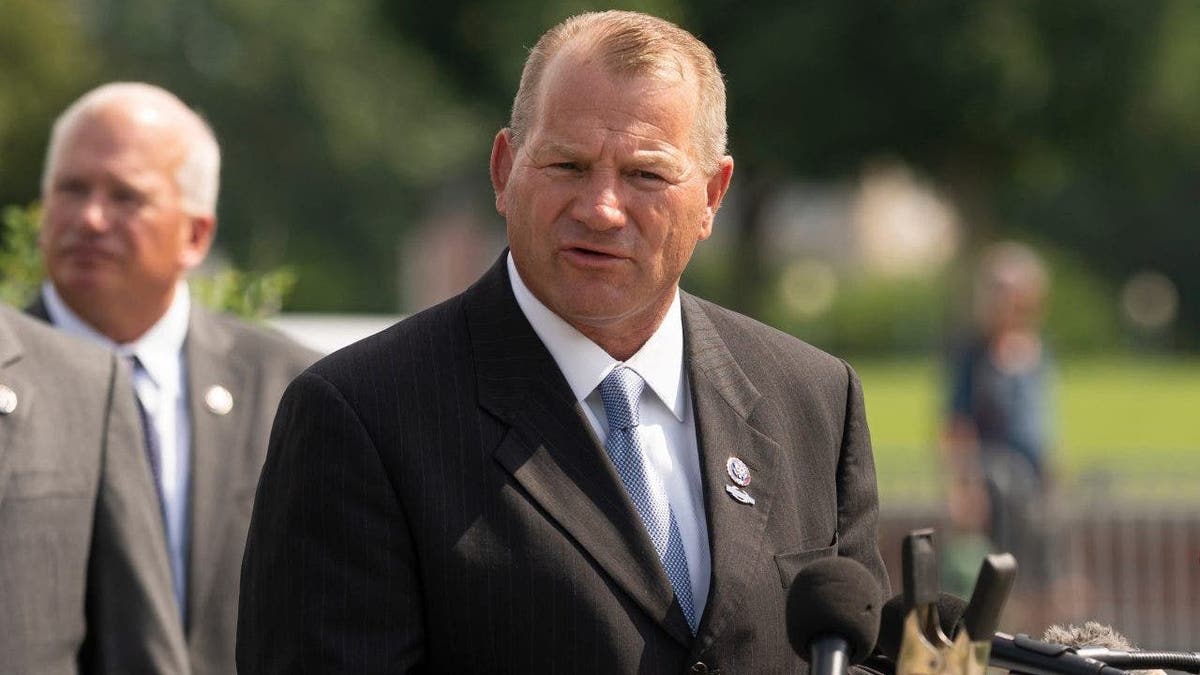Amidst ongoing debate surrounding immigration, a bill aiming to significantly restrict the Biden administration's programs for admitting and shielding migrants from deportation is being reintroduced in Congress. Originally introduced in the House last year, the End Unaccountable Amnesty Act is now being championed by Senator Jim Banks (R-IN) and Representative Troy Nehls (R-TX) in both the Senate and the House.
The legislation targets two key areas: the use of humanitarian parole and Temporary Protected Status (TPS). The Biden administration has utilized parole to admit a substantial number of migrants, including approximately 1,450 daily through the CBP One app and over 500,000 from Cuba, Haiti, Nicaragua, and Venezuela (CHNV) via a separate airlift program. This bill seeks to drastically reduce the annual parole cap to 1,000, reserving it for specific emergencies like medical cases.

Furthermore, the Biden administration has employed TPS to protect individuals from countries experiencing conflict or hardship from deportation. The proposed legislation aims to tighten TPS designations by requiring Congressional approval for 12-month periods (down from the current 18 months) and mandating further Congressional action for extensions.
Additional provisions in the bill address the handling of unaccompanied minors, strengthening eligibility and placement criteria following concerns about children being lost by authorities. The legislation also seeks to prevent the use of DHS documents, such as Notices to Appear and the CBP One app, for airport security checks.

Senator Banks emphasized the strain on resources caused by the influx of migrants, citing the struggles faced by schools, healthcare systems, and public services. He framed the bill as a means to curtail mass parole, reduce incentives for illegal immigration, and support President Trump's efforts to restore order at the border. Representative Nehls echoed these sentiments, criticizing the Biden-Harris administration's policies for exacerbating the border crisis and expressing concern over insufficiently vetted individuals entering communities.

Although the bill faced hurdles in the previously Democrat-controlled Senate, the current Republican majority offers a new opportunity for its passage. Notably, some Democrats have also expressed support for stricter immigration measures, particularly after a year in which illegal immigration became a prominent issue for voters. Recent bipartisan backing for bills like the Laken Riley Act (requiring detention of illegal immigrants charged with theft) and a proposal to reinstate the Trump-era Remain in Mexico policy suggests a potential shift in the political landscape surrounding immigration.
Comments(0)
Top Comments